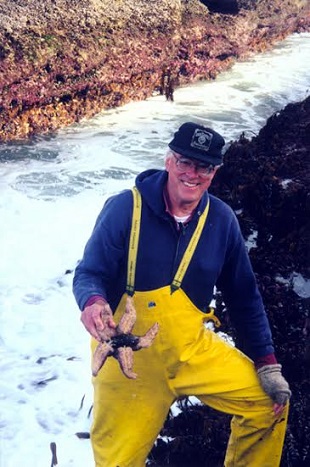 BOB PAINERobert “Bob” Paine, an ecologist and emeritus professor at the University of Washington famous for proposing the concept of “keystone species” in the late 1960s, died earlier this week (June 13) from acute myeloid leukemia. He was 83.
BOB PAINERobert “Bob” Paine, an ecologist and emeritus professor at the University of Washington famous for proposing the concept of “keystone species” in the late 1960s, died earlier this week (June 13) from acute myeloid leukemia. He was 83.
“His legacy is immense,” Bruce Menge, an integrative biologist at Oregon State University and one of Paine’s first graduate students, told the Associated Press (AP). “He’s had an incredible effect on the entire field of ecology, not just marine ecology.”
Born in Cambridge, Massachusetts in 1933, Paine grew up with a deep interest in the natural world, describing himself as “utterly fascinated” with ants even as a toddler, the AP reported. After earning a bachelor’s degree from Harvard University in 1954 and a doctorate from the University of Michigan in 1961, Paine took up a faculty position in zoology at the University of Washington, where he remained until his retirement in 1998.
It was while working on intertidal systems in the early ’60s that Paine ...














